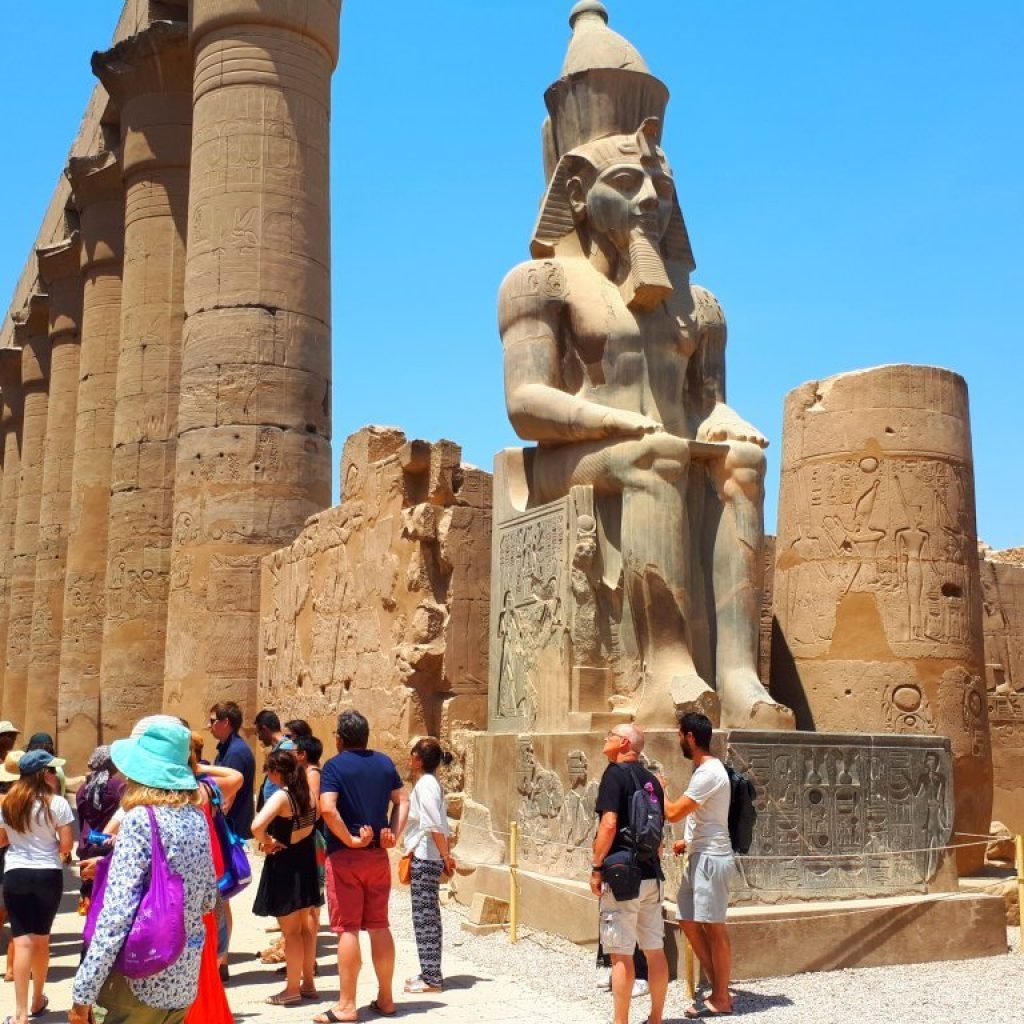Egypt is set to resume tourism activities in Luxor and Aswan in early September, the Supreme Committee for the Management of the Coronavirus Crisis, headed by Prime Minister Mustafa Madbouly, has directed.
The committee announced the move following a presentation by Minister of Tourism and Antiquities Khaled El-Anani, on Thursday, on the situation of Luxor governorate before the committee. The decree covers fixed hotels, museums, and temples in the two cities.
According to a statement issued by the Luxor governorate, the Prime Minister also approved the resumption of tourist trips arriving to Luxor from the Red Sea city of Hurghada. This will take place in accordance with the standards and procedures set by the Committee, and the safe operation of tourism in accordance with the Ministry of Health’s controls.
Meanwhile, Aswan Governor Ashraf Attia announced Madbouly’s approval for the reopening and operation of fixed hotels, temples, archaeological museums and tourist attractions in Aswan. The sites will be able to receive visitors and tourist groups, starting from September as a first stage.
He explained that the second phase will see the full reopening of tourism activities in conjunction with the beginning of the next tourism season. The move is set to benefit the governorate’s citizens and its various economic activities.
Mohamed Osman, Chairperson of the Tourism Marketing and Promotion Committee in Upper Egypt, said, “We do not except the return [to pre-COVID-19 rates] as soon as we restart tourism in Luxor, but the announcement of its resumption is an opportunity to revitalise the sector, and to prepare for the normal return of tourist flow.”
He added, “It will take time to return to the pre-COVID-19 occupancy levels, but I think this will happen by October 2021.”
Ehab Abdel Aal, Treasurer of the Cultural Tourism Association, agreed with Osman that tourist flow will at first be limited due to the winter season starting in October. However, he anticipates that, with tourism flows expected to improve from December, the flow will return to pre-COVID- 19 levels in February or March 2021.
Both Osman and Abdel Aal further explained that the committee’s decision covers the return of fixed hotels only, with no directives issued yet regarding floating hotels, which are considered the backbone of Egypt’s cultural tourism.
With no decisions yet taken on such an important part of tourism in the two governorates, occupancy rates will face a slower uptick. This is due to their having to apply and receive the health and safety certificates required by the Egyptian government to reopen.
“All tourism companies praise the decision to resume tourism in Luxor and Aswan, and we are waiting for the floating hotels to receive health and safety certificates,” Osman concluded.




Comment (0)